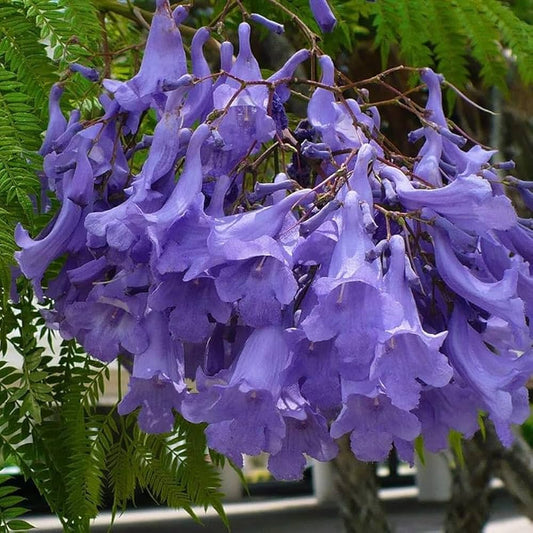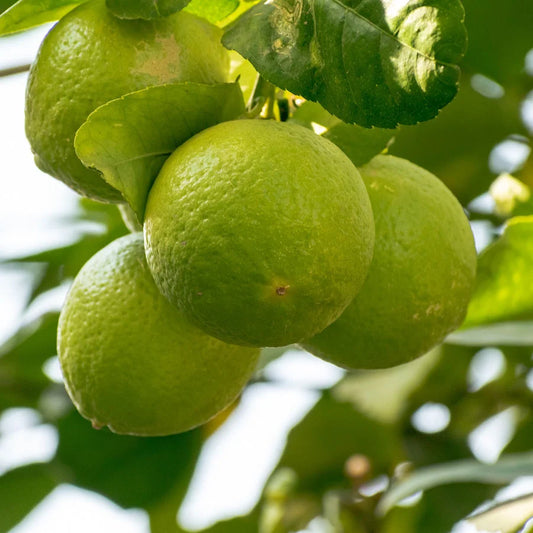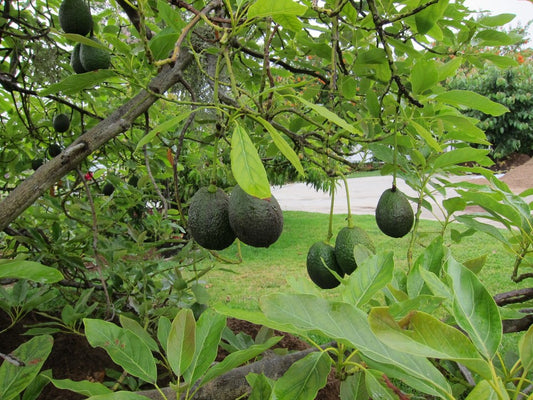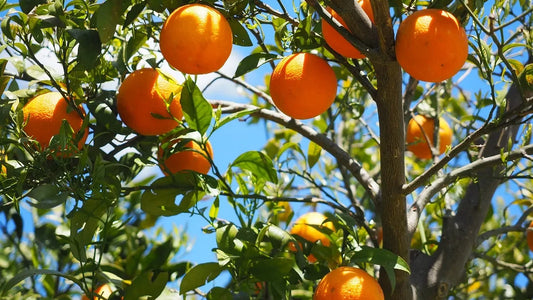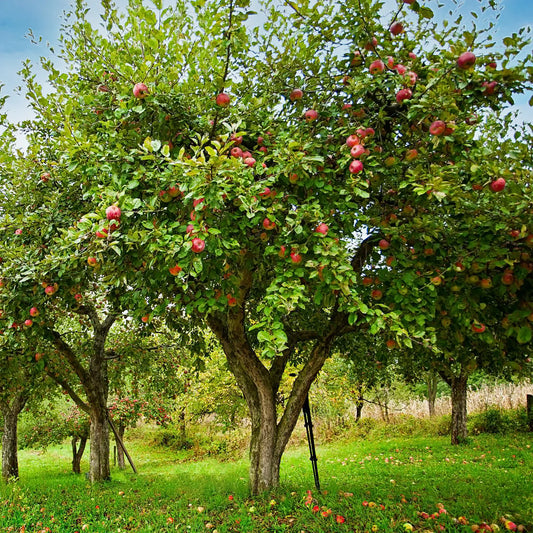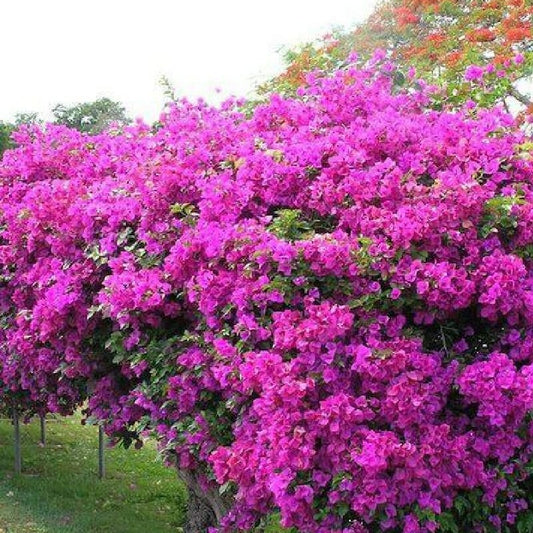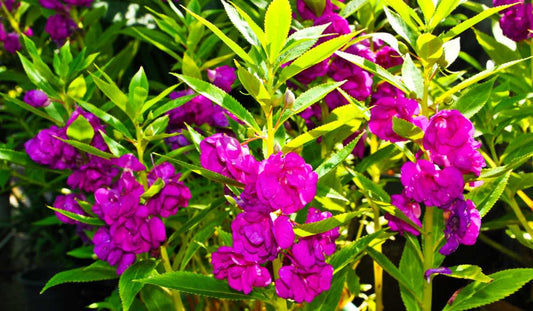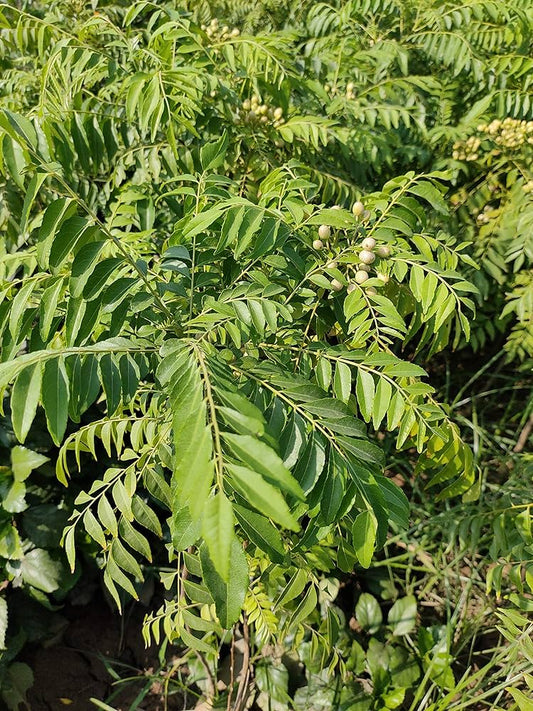

The Rohit Mehra Tree symbolizes hope, innovation, and a radical approach to urban afforestation. Rohit Mehra, an IRS officer turned environmental champion, has revolutionized how cities can go green by converting waste spaces into thriving mini-forests. His work combines sustainability, waste manage Read more
-
Example product title
Regular price ₹ 20Regular priceUnit price per -
Example product title
Regular price ₹ 20Regular priceUnit price per -
Example product title
Regular price ₹ 20Regular priceUnit price per -
Example product title
Regular price ₹ 20Regular priceUnit price per
-
Example product title
Regular price ₹ 20Regular priceUnit price per -
Example product title
Regular price ₹ 20Regular priceUnit price per -
Example product title
Regular price ₹ 20Regular priceUnit price per -
Example product title
Regular price ₹ 20Regular priceUnit price per
Rohit Mehra Tree
The Rohit Mehra Tree symbolizes hope, innovation, and a radical approach to urban afforestation.
Rohit Mehra, an IRS officer turned environmental champion, has revolutionized how cities can go green by converting waste spaces into thriving mini-forests.
His work combines sustainability, waste management, and rapid afforestation, proving that even the smallest effort can transform the urban landscape and fight climate change.
Who is Rohit Mehra?
Rohit Mehra, fondly called the "Green Man of India," has spearheaded the creation of over 500 urban forests across India.
Based in Punjab, Mehra champions Miyawaki forests, an innovative Japanese afforestation technique that grows dense, self-sustaining forests in record time.
His journey began with a single question: “How can we restore greenery in overcrowded urban spaces?” Combining his administrative skills and environmental passion, Mehra turned neglected landfills, schoolyards, and barren patches into lush forests.
The Concept of the Rohit Mehra Tree
The Rohit Mehra Tree represents a unique blend of urban afforestation and waste transformation. His methods use:
- Miyawaki Afforestation: Rapidly growing dense forests in small urban spaces.
- Recycled Waste: Plastic bottles, tires, and scrap materials are turned into planters, making afforestation cost-effective and sustainable.
- Community Participation: Mehra empowers schools, residents, and industries to join his mission, ensuring long-term care and sustainability.
This revolutionary model is a blueprint for greening cities globally, offering a powerful solution to pollution, rising temperatures, and shrinking biodiversity.
The Miyawaki Technique: Fast-Track Forests
Rohit Mehra’s success is built on the Miyawaki Method, pioneered by Japanese botanist Akira Miyawaki.
This technique involves planting native trees densely in small spaces, resulting in forests that grow 10 times faster and are 30 times denser than conventional plantations.
Key Features of Miyawaki Forests:
- Rapid Growth: Trees mature in just 3-5 years compared to the usual 10-20 years.
- Native Species: Planting indigenous trees ensures resilience, adaptability, and biodiversity.
- Self-Sustaining: Once established, these forests require minimal maintenance.
Fun Fact: A 100-square-meter Miyawaki forest can contain over 300 trees, absorbing 2 tons of CO₂ annually and significantly cooling the surrounding area.
Turning Waste into Forests: Rohit Mehra’s Innovation
What sets Rohit Mehra apart is his ingenious use of waste materials. Instead of relying on expensive infrastructure, he uses:
- Plastic Bottles: Repurposed as tree sapling containers.
- Scrap Tires: Transformed into vertical gardens.
- Metal Scrap: Turned into innovative planters.
This waste-to-forest model not only promotes greenery but also tackles the mounting plastic and landfill crises in urban areas. It’s the perfect fusion of sustainability and innovation.
Environmental Impact of the Rohit Mehra Tree
Rohit Mehra’s urban forests deliver profound environmental benefits:
- Carbon Sequestration: Forests act as carbon sinks, absorbing CO₂ and reducing greenhouse gas emissions. A single mature tree absorbs 48 pounds of CO₂ annually.
- Temperature Reduction: Urban forests reduce local temperatures by up to 5°C, combating the heat island effect in cities.
- Air Purification: Trees filter pollutants like PM2.5, sulfur dioxide, and carbon monoxide, improving air quality.
- Groundwater Recharge: Tree roots allow rainwater infiltration, reducing surface runoff and replenishing aquifers.
- Biodiversity Revival: Mini-forests attract birds, insects, and pollinators, creating micro-habitats in urban spaces.
Fun Fact: Did you know a 10x10 meter urban forest can produce enough oxygen for four people annually? That’s the power of trees in small spaces!
Community Engagement: A Green Revolution for All
One of Rohit Mehra’s most remarkable achievements is involving communities in his afforestation drives. Schools, corporations, and local residents actively participate in planting, nurturing, and maintaining forests. His model ensures:
- Environmental Education: Students learn the importance of trees, waste recycling, and sustainability.
- Ownership and Care: Locals feel a sense of responsibility, ensuring the forests thrive long-term.
- Green Jobs: Creating opportunities for nurseries, gardeners, and environmental workers.
By planting the Rohit Mehra Tree, entire communities become changemakers in the fight against climate change.
Rohit Mehra’s Achievements and Recognitions
Rohit Mehra’s work has earned him widespread acclaim for creating impactful, eco-friendly solutions:
- He has planted over 5 lakh trees across urban India.
- Over 500 forests have been established under his leadership.
- His innovative use of plastic waste has saved tons of non-biodegradable waste from landfills.
- Awarded various accolades, including Green Leadership Awards, for his commitment to sustainable urban transformation.
The Role of Urban Forests in Fighting Climate Change
As cities expand, green spaces are disappearing rapidly, leading to pollution, rising heat, and biodiversity loss. Rohit Mehra’s urban forests directly address these issues:
- Climate Resilience: Urban forests help cities cope with extreme heat and floods.
- Pollution Control: Trees absorb harmful pollutants, improving urban air quality.
- Mental Health Benefits: Green spaces reduce stress and promote well-being for city dwellers.
The Rohit Mehra Tree is more than a tree—it’s a solution to the biggest urban challenges of our time.
Fun Fact: Urban trees reduce noise pollution by up to 50%, acting as natural sound barriers in bustling cities.
Why Native Trees Matter
Rohit Mehra emphasizes planting native trees to restore ecosystems. Native species adapt well, support wildlife, and require less maintenance. Some commonly planted species include:
- Neem: Known for its medicinal and air-purifying properties.
- Peepal: Absorbs high amounts of CO₂ and provides ample shade.
- Jamun: A fruit-bearing tree that attracts birds and supports biodiversity.
Planting native trees ensures long-term ecological health and resilience.
How You Can Join the Rohit Mehra Tree Movement
Inspired by Rohit Mehra’s work? Here’s how you can contribute to this green revolution:
- Transform Spaces: Turn empty plots, schoolyards, or backyards into mini-forests.
- Recycle and Innovate: Repurpose waste materials for planting, just like Mehra does.
- Plant Native Trees: Support your local ecosystem with species suited to your region.
- Educate and Inspire: Involve schools, offices, and communities to take ownership of urban forests.
- Adopt the Miyawaki Method: Create dense forests that grow quickly and sustain themselves.
Every small step matters. By planting even a single tree, you’re contributing to cleaner air, cooler cities, and a greener future.
Conclusion
The Rohit Mehra Tree symbolizes innovation, action, and hope in an age of environmental crises. By turning waste into forests, Rohit Mehra has proven that urban spaces can be green, resilient, and vibrant.
His work inspires cities worldwide to embrace afforestation, combat climate change, and restore balance with nature.
The next time you see a barren patch of land, think of Rohit Mehra. Every empty space holds the potential to grow a forest, cool a city, and breathe life into the environment. The Rohit Mehra Tree movement invites you to reimagine urban spaces, one tree at a time.
Start today. Plant a tree. Repurpose waste. And watch a forest grow where you least expected it. Together, we can build a greener tomorrow, just like Rohit Mehra envisioned.
You may also like
Corporate Plantations
Rohit Mehra Environmentalist
Rohit Mehra, the *Green Man of India*, is redefining urban greenery. Known for his innovative Miyawaki forests and recycling magic, he turns waste into thriving ecosystems, one tree at a time.
Miyawaki Urban Forests
Mehra uses the Japanese Miyawaki method to grow dense forests in small urban spaces. These forests grow 10 times faster, are 30 times denser, and cool cities with minimal maintenance.
Turning Waste into Planters
Rohit Mehra repurposes discarded materials like plastic bottles, tires, and metal scrap as tree planters. This zero-waste approach proves that trash can sprout treasure—green, leafy treasure.
Community-Driven Afforestation
Mehra involves schools, offices, and local residents in forest creation. By empowering communities, he creates environmental stewards who care for trees long after they’re planted, ensuring lasting impact.
Plastic Waste Recycling
Mehra transforms non-biodegradable plastic into eco-friendly planting tools. It’s a genius solution to two problems—reducing pollution and increasing green spaces—proving waste can serve the planet.
Native Tree Planting
Mehra prioritizes native species for urban forests. These trees are adapted to local climates, support regional biodiversity, and require less water, creating resilient ecosystems that thrive naturally.
Air Pollution Control
Trees act as natural air purifiers, reducing harmful pollutants like PM2.5 and CO₂. Mehra’s urban forests clean the air, giving city dwellers a much-needed breath of fresh air.
Temperature Reduction
Urban forests combat the *heat island effect*, lowering city temperatures by up to 5°C. Mehra’s work proves that a forest in the city is nature’s best AC system.
Water Conservation
Tree roots in Mehra’s forests enhance rainwater infiltration and prevent soil erosion. His green spaces recharge groundwater and create sustainable water cycles in urban areas.
Biodiversity Revival
Rohit Mehra’s forests attract birds, pollinators, and small mammals, creating microhabitats. Once lifeless spaces become buzzing hubs of biodiversity, reconnecting cities with nature’s wonders.
Educational Green Initiatives
Mehra turns his forests into living classrooms, teaching students about sustainability, recycling, and tree planting. Kids learn that every sapling is a superhero fighting climate change.
Urban Sustainability Solutions
Rohit Mehra’s innovative approach combines afforestation, waste recycling, and community engagement. His green blueprint shows how cities can reclaim lost spaces, reduce waste, and fight climate change effectively.
FAQ
What is the Rohit Mehra Tree?
The *Rohit Mehra Tree* symbolizes transforming urban waste into lush forests using innovative techniques like Miyawaki afforestation, proving that even barren, neglected spaces can grow green and thrive.
Who is Rohit Mehra?
Rohit Mehra, known as the *Green Man of India*, is an IRS officer turned environmentalist who has created over 500 urban forests by blending waste recycling with afforestation solutions.
What is the Miyawaki technique used by Rohit Mehra?
The Miyawaki method grows dense, fast-growing forests by planting native trees close together. These mini-forests mature in just 3-5 years, are self-sustaining, and require minimal maintenance.
How does Rohit Mehra recycle waste for afforestation?
Mehra repurposes plastic bottles, scrap tires, and metal waste as eco-friendly planters. This innovative approach reduces landfill waste while creating urban green spaces.
How do urban forests combat climate change?
Urban forests absorb CO₂, regulate temperatures, and improve air quality. Mehra’s forests act as natural carbon sinks, fighting pollution and making cities cooler and cleaner.
Why are native trees important in Rohit Mehra’s urban forests?
Native trees adapt to local climates, require less water, and support biodiversity. Mehra plants these species to ensure long-term ecological balance in urban environments.
What role do communities play in Rohit Mehra’s projects?
Mehra involves schools, offices, and residents in forest creation. By engaging communities, he builds a culture of environmental responsibility and ensures forests are nurtured long-term.
How do Rohit Mehra’s forests improve air quality?
Trees in these forests act as natural air purifiers, absorbing pollutants like PM2.5 and sulfur dioxide while releasing oxygen, significantly improving urban air quality.
How does urban afforestation reduce city temperatures?
Urban forests combat the *heat island effect* by shading surfaces, cooling the air, and lowering city temperatures by up to 5°C—nature’s own solution to rising urban heat.
What are the environmental benefits of Rohit Mehra’s urban forests?
Mehra’s forests reduce pollution, recharge groundwater, prevent soil erosion, and revive biodiversity. These green spaces transform urban wastelands into thriving ecosystems.
How many urban forests has Rohit Mehra created?
Rohit Mehra has successfully created over **500 urban forests** across India, turning barren spaces into green lungs that clean the air, cool cities, and inspire change.
How can individuals support the Rohit Mehra Tree movement?
Plant native trees, recycle waste, and participate in local afforestation drives. Mehra’s work proves that every small step can help create greener, healthier cities for tomorrow.
-
Example product title
Regular price ₹ 20Regular priceUnit price per -
Example product title
Regular price ₹ 20Regular priceUnit price per -
Example product title
Regular price ₹ 20Regular priceUnit price per -
Example product title
Regular price ₹ 20Regular priceUnit price per
Connect with us
-
👥 Corporates
If you are looking for:
- 🌲 Tree Plantation Events
- 📊 CSR Projects
📧 corporate@growbilliontrees.com
📞 +91 9699723523
💬 +91 9370599291 WhatsApp (Only)
🕒 Mon - Sat | 10am - 7pm IST
-
🧩 Tree Plantation NGOs
If you are looking for:
- 💰 Financial Assistance
- 🤝 Operational Support
📧 support@growbilliontrees.com
📞 +91 9699723523
💬 +91 9370599291 WhatsApp (Only)
🕒 Mon - Sat | 10am - 7pm IST
-
🌼 Individuals
If you are looking for:
- 👥 Group Tree Plantation Drive
- 🌳 Bulk Tree Plantation
📞 +91 9699723523
💬 +91 9370599291 WhatsApp (Only)
🕒 Mon - Sat | 10am - 7pm IST

